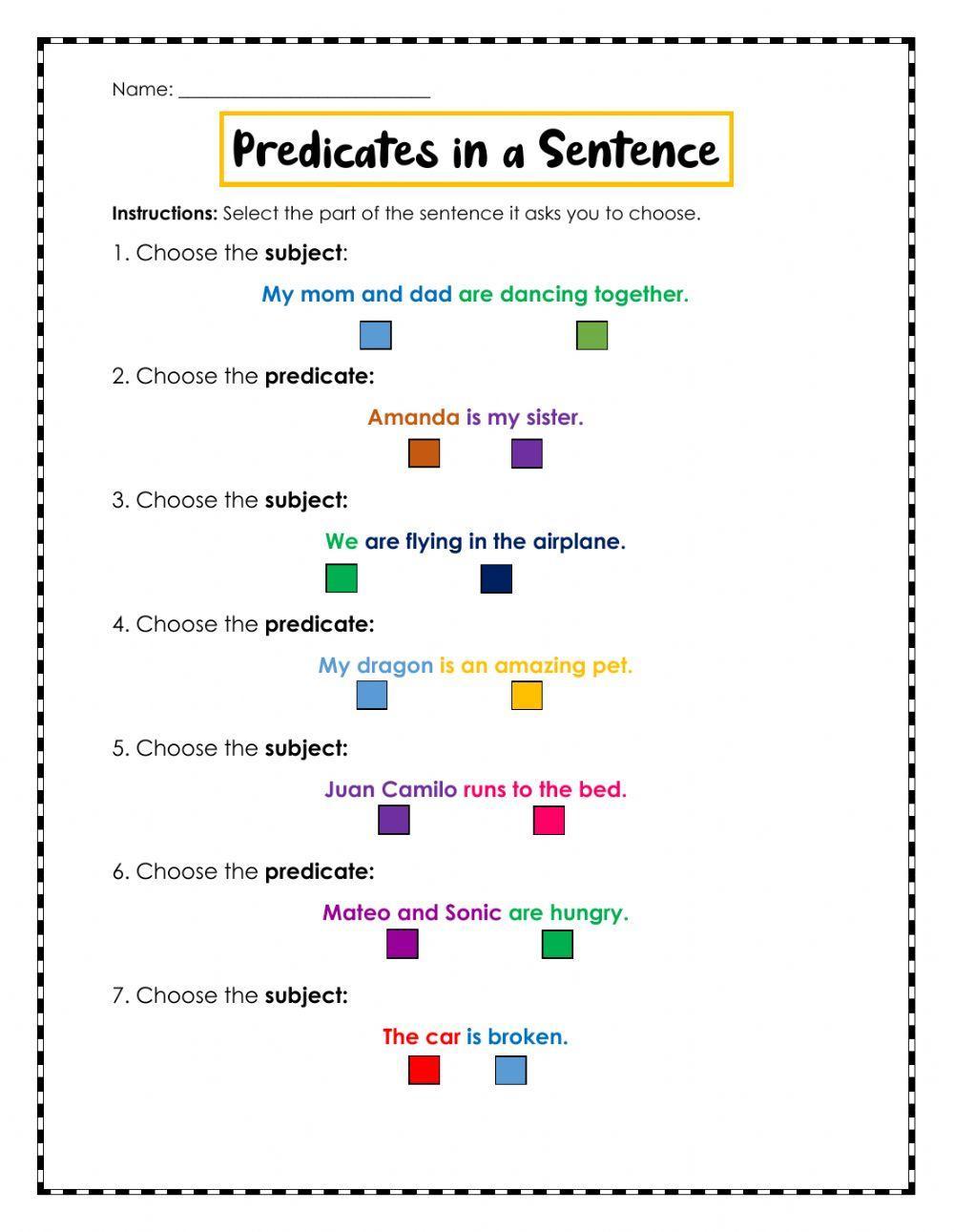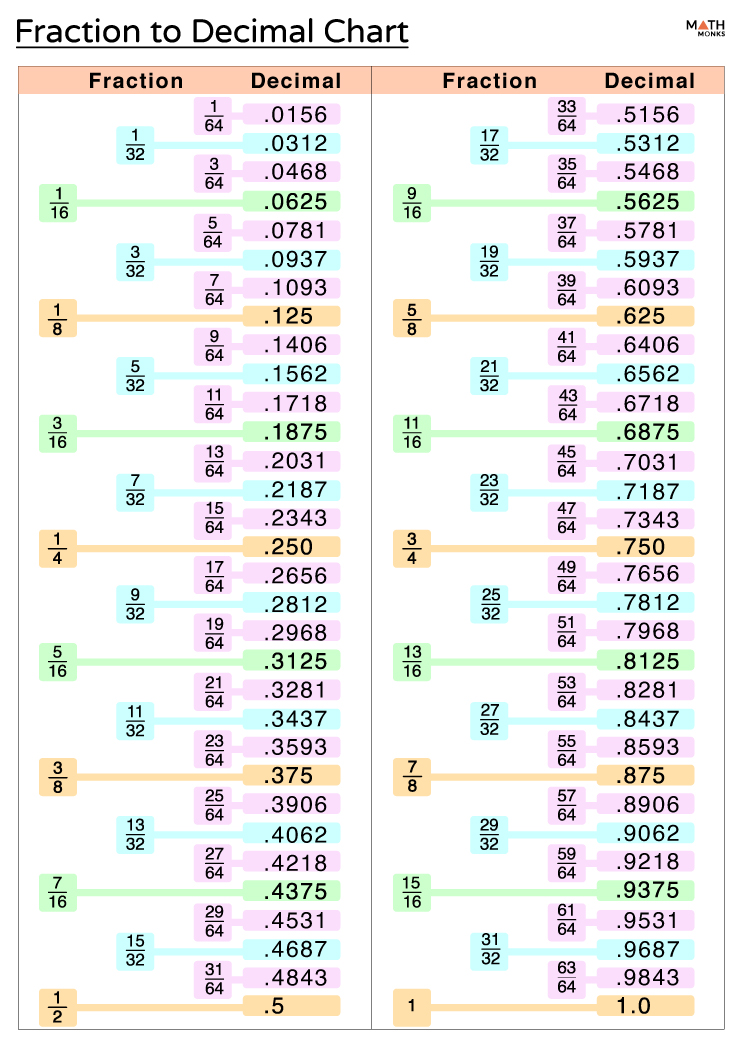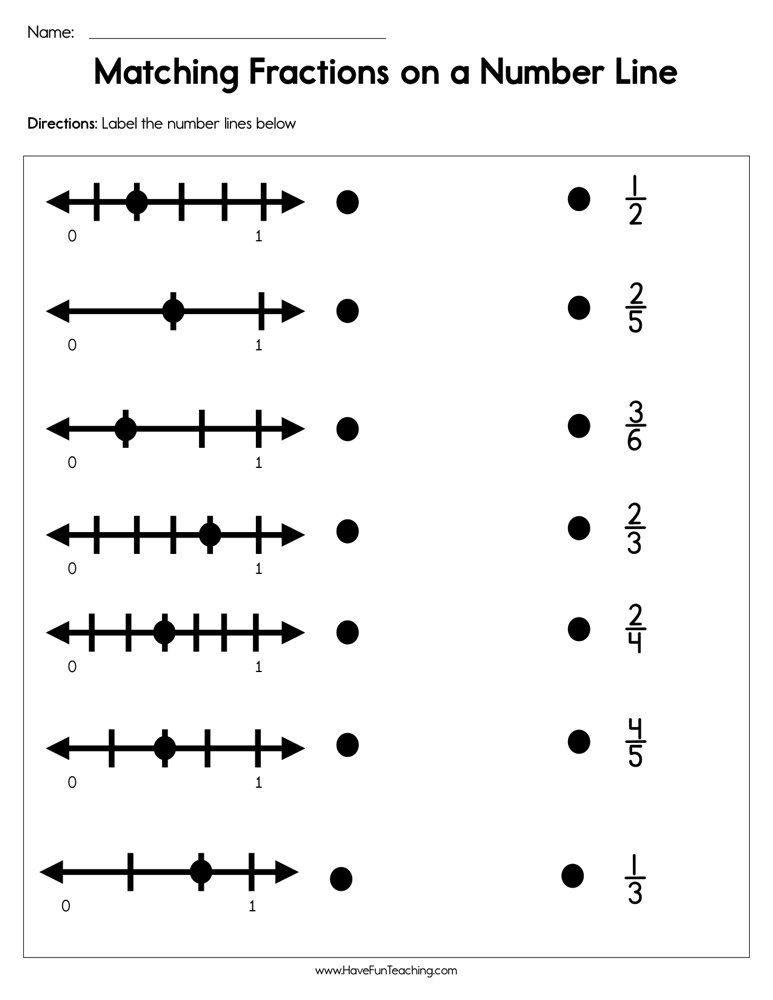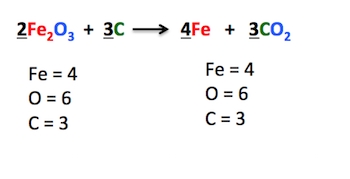Mastering Exponents: Powers of 10 Worksheet
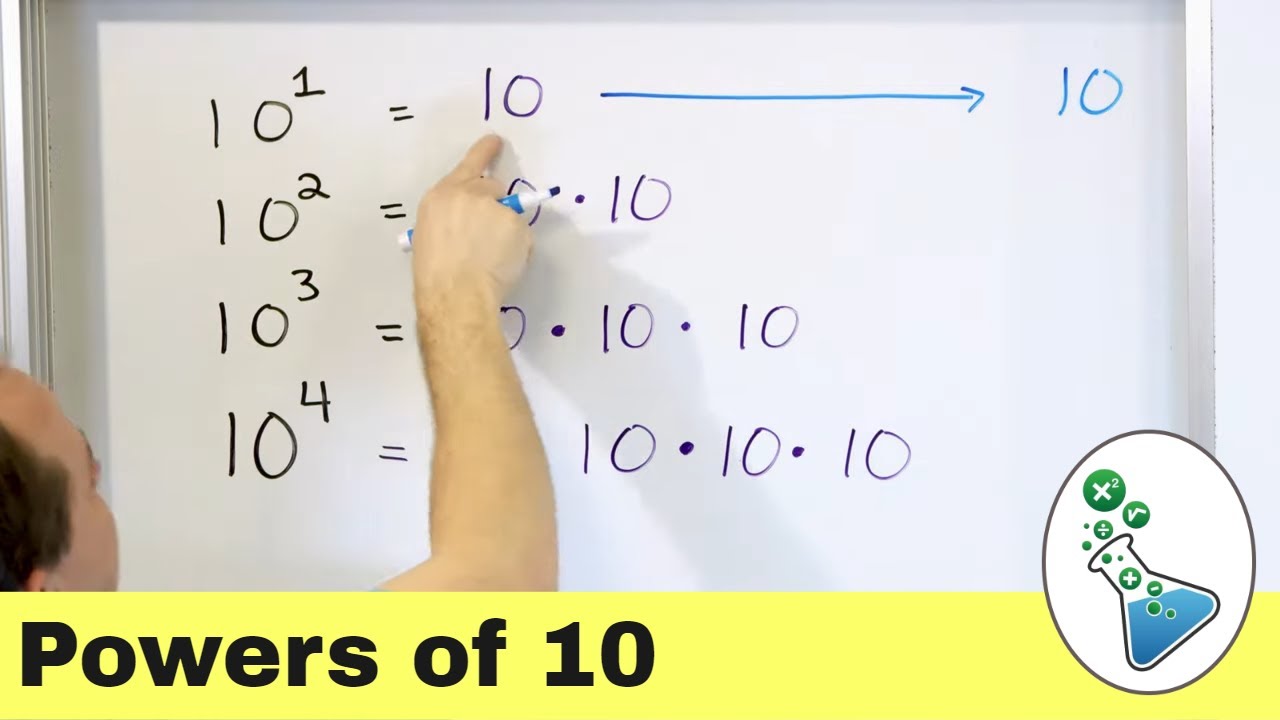
Understanding Exponents: A Beginner's Guide
Exponents are a fundamental concept in mathematics, and understanding them is crucial for solving various mathematical problems. In this article, we will explore the world of exponents, focusing on powers of 10, and provide a comprehensive worksheet to help you practice and master this concept.
What are Exponents?
Exponents are shorthand notation for repeated multiplication of a number by itself. For example, 2^3 means 2 multiplied by itself three times, resulting in 2 × 2 × 2 = 8. The number being multiplied is called the base (2 in this case), and the number of times it is multiplied is called the exponent (3 in this case).
Powers of 10
Powers of 10 are a special case of exponents where the base is 10. This is a crucial concept in mathematics, as it is used to represent large and small numbers in a more manageable form. For example, 10^3 represents 10 multiplied by itself three times, resulting in 1,000.
Understanding the Pattern
To understand the pattern of powers of 10, let’s examine a few examples:
- 10^1 = 10
- 10^2 = 10 × 10 = 100
- 10^3 = 10 × 10 × 10 = 1,000
- 10^4 = 10 × 10 × 10 × 10 = 10,000
As you can see, each time the exponent increases by 1, the result is multiplied by 10.
Worksheet: Powers of 10
Now that you have a basic understanding of exponents and powers of 10, it’s time to practice! Below is a comprehensive worksheet to help you master this concept.
Section 1: Multiplication
Complete the following multiplication problems:
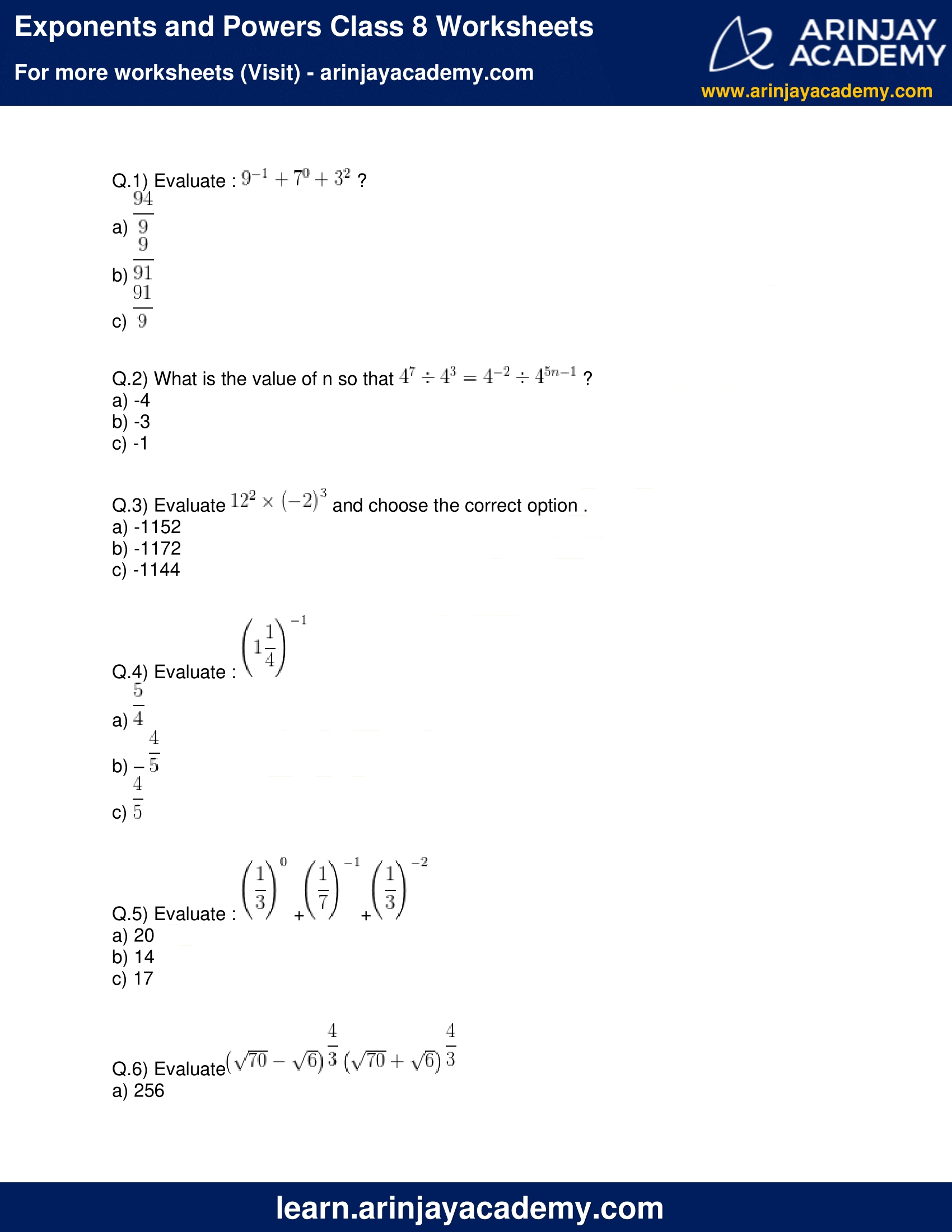
| Problem | Answer |
|---|---|
| 10^1 × 10^1 | |
| 10^2 × 10^2 | |
| 10^3 × 10^3 | |
| 10^4 × 10^4 |
Section 2: Division
Complete the following division problems:
| Problem | Answer |
|---|---|
| 10^3 ÷ 10^1 | |
| 10^4 ÷ 10^2 | |
| 10^5 ÷ 10^3 | |
| 10^6 ÷ 10^4 |
Section 3: Simplification
Simplify the following expressions:
| Expression | Simplified Answer |
|---|---|
| 10^2 × 10^3 | |
| 10^4 ÷ 10^2 | |
| 10^5 × 10^1 | |
| 10^6 ÷ 10^3 |
Section 4: Word Problems
Solve the following word problems:
| Problem | Answer |
|---|---|
| A bookshelf has 10^2 books on it. If 10^1 more books are added, how many books are on the bookshelf now? | |
| A bakery sells 10^3 loaves of bread per day. If they sell bread for 10^2 days, how many loaves of bread do they sell in total? | |
| A city has a population of 10^5 people. If the population grows by 10^2 people per year, what is the population after 10^1 years? |
📝 Note: Make sure to show your work and explain your reasoning for each problem.
Now that you have completed the worksheet, let’s review the key concepts.
Key Takeaways
- Exponents are shorthand notation for repeated multiplication of a number by itself.
- Powers of 10 are a special case of exponents where the base is 10.
- Understanding the pattern of powers of 10 can help you simplify complex expressions and solve word problems.
Summary
Mastering exponents, particularly powers of 10, is essential for mathematical success. By practicing with the worksheet provided, you can develop a deeper understanding of this concept and improve your math skills. Remember to show your work and explain your reasoning for each problem.
What is the difference between an exponent and a power of 10?
+An exponent is a general term for repeated multiplication of a number by itself, while a power of 10 is a specific case of an exponent where the base is 10.
How do I simplify expressions with powers of 10?
+To simplify expressions with powers of 10, you can use the rule that states 10^a × 10^b = 10^(a+b) and 10^a ÷ 10^b = 10^(a-b).
What are some real-world applications of powers of 10?
+Powers of 10 have numerous real-world applications, including scientific notation, engineering, and finance. For example, scientists use powers of 10 to express large and small numbers in a more manageable form.
